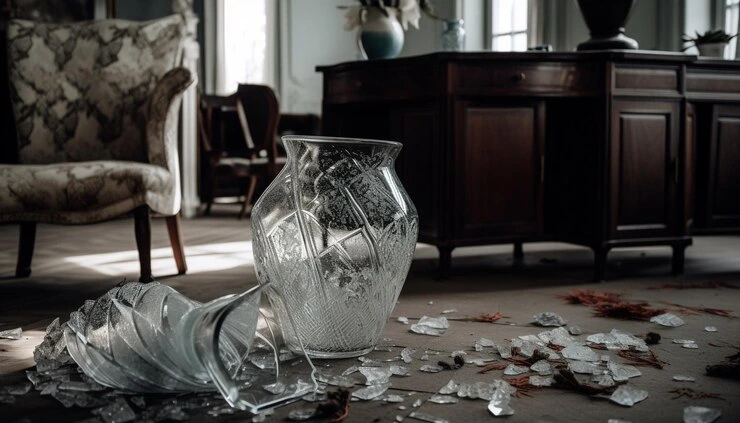personal injury lawyers
Fighting for maximum injury compensation for you and your family
No Fees Until We Win


Can I Sue My Landlord For An Injury In NJ?
Accidents happen, and questions about responsibility arise when they do in a rented space.
“Can I Sue My Landlord for an Injury in NJ?” is a crucial inquiry for tenants seeking clarity on their rights.
This comprehensive guide aims to shed light on the legal aspects, offering actionable insights for tenants in New Jersey facing injury concerns in their rented spaces.

Can You Sue Your Landlord if You Get Hurt?
You have the right to sue your landlord if you sustain injuries due to negligence.
However, it’s crucial to understand the specific circumstances under which legal action can be taken and the steps involved in building a case.
How Can I Build a Case Against a Landlord in New Jersey?
Building a case against a landlord in New Jersey requires careful steps and evidence. Here’s a simple guide:
Document Everything
You have to Keep records of any issues, such as unsafe conditions or needed repairs. This could include photos, videos, and written descriptions.
For example, if you have repeatedly reported a leak in your apartment located near busy streets like Main Street, document each report.
Communicate in Writing
It’s crucial to have a written record of your complaints and your landlord’s responses. Send emails or letters so you can show a history of communication.
Request Repairs in Writing
If there are safety or habitability issues, send a written request for repairs, citing specific problems.
Mention that you expect the repairs to be done in a reasonable time frame.
Notify Local Authorities
If your landlord doesn’t address serious issues, you can contact local authorities like the Department of Community Affairs.
Consult an Attorney
If you believe your landlord is not fulfilling their responsibilities and your living conditions are hazardous, consult with a tenant’s rights attorney in New Jersey.
Familiarize yourself with New Jersey’s tenant rights laws, as they vary by location.
Common Causes of Slip and Fall Cases in NJ
Slip and fall cases in New Jersey can happen due to various reasons. Here are common causes in easy-to-understand language:
- Wet Floors: Slippery floors from spills or rainwater, like in supermarkets on Route 22, can lead to slips and falls.
- Uneven Surfaces: Uneven sidewalks or parking lots, such as those near offices in Newark, can cause trips and falls.
- Icy Conditions: During winters, icy walkways and entrances, like at the Garden State Plaza, can be hazardous.
- Poor Lighting: Inadequate lighting in stairwells or dimly lit areas can make it hard to see hazards.
- Lack of Handrails: Missing or loose handrails on staircases can lead to accidents.
- Negligence: Property owners not addressing known hazards can be held liable for accidents.
- Debris and Obstacles: Cluttered pathways or debris in walkways can result in falls.
- Broken Steps: Broken or damaged steps in residential buildings or public places are risky.
- Loose Carpets and Rugs: Loose or wrinkled carpets or rugs can cause trips.
- Neglected Maintenance: Poorly maintained properties with cracks, holes, or damaged surfaces can be dangerous.
Average Time Frame for Submitting a Claim
The timing of submitting a claim is crucial. In New Jersey, the statute of limitations for personal injury claims against landlords is generally two years.
Acting promptly ensures that your case is within the legal timeframe, strengthening your position when seeking compensation for injuries.
Exceptions:
There are some exceptions to this rule. For example, if the injury occurred due to a defective property condition, you may have up to six years to file a claim.
How Can I Prove Negligence in a Landlord Case in NJ?
Proving negligence in a landlord case in New Jersey is essential if you’ve been injured due to unsafe living conditions. Here’s a simplified guide:
- Document Everything: Keep records of all communication with your landlord regarding issues or repairs needed. For instance, if you reported a leaky ceiling near your workplace on Route 46, save those messages.
- Take Photos and Videos: Capture evidence of the hazardous conditions. If there are broken stairs, uneven floors, or other dangers, photograph them.
- Collect Witness Statements: If anyone saw the unsafe conditions or your injuries, ask for their statements or contact information.
- Inspect Maintenance Records: Request maintenance and repair records from your landlord. Lack of regular upkeep can indicate negligence.
- Seek Medical Attention: Visit a doctor immediately after an injury. Medical records can link your injuries to hazardous conditions.
Does Landlord Insurance Cover Tenant Injury?
Landlord insurance typically does not cover tenant injuries directly. Here’s a clear explanation:
- Landlord’s Responsibility: Landlords are responsible for maintaining safe living conditions, but their insurance generally covers property damage, not tenant injuries.
- Tenant’s Insurance: If you’re injured as a tenant, your own renter’s insurance policy might cover your medical expenses. It’s a good idea to have such a policy.
- Exception: In some cases, if the tenant’s injury was a direct result of the landlord’s negligence, the tenant might have a legal basis to sue the landlord for compensation.
- Examples: For instance, if a tenant slips and falls due to a leaking roof caused by the landlord’s failure to make repairs, the tenant might have a case.
Can a Tenant Sue a Landlord for Injury?
Yes, tenants can sue a landlord for injury, but certain conditions must be met. Here’s a simplified explanation:
Landlord’s Responsibility
Landlords are responsible for maintaining safe living conditions for tenants. If they fail to do so, and you’re injured as a result, you may have a case.
Proving Negligence
To sue successfully, you’ll need to prove that the landlord was negligent, meaning they knew about a problem or should have known but didn’t fix it.
Examples
For instance, if you slip and fall due to a leak in your apartment on Smith Street, and you can show that you reported the issue to the landlord but they didn’t address it, you might have a valid claim.
Consult Legal Advice
It’s important to consult with a personal injury attorney. who specializes in premises liability cases.
A team of consultant experts like Rosengard Law Group can evaluate your situation and guide you on the best course of action.
Most Common Risk Factors Involved in Landlord Liability for an Injury in NJ?
Understanding the common risk factors in landlord liability for injuries in New Jersey is crucial. Here’s a simple breakdown:
- Negligent Maintenance: If landlords fail to maintain their property, such as not fixing broken steps in an apartment complex near busy roads like Route 1, it can lead to injuries.
- Inadequate Security: Landlords should provide reasonable security measures. In areas with a history of crime, like near Trenton workplaces, inadequate security could be a risk.
- Failure to Address Hazards: If landlords ignore reported hazards, like a leaking roof, it can lead to accidents and potential liability.
- Non-compliance with Codes: Not following building codes and safety regulations can pose risks. For example, improper wiring could lead to accidents.
- Lack of Inspections: Regular inspections are essential. Failure to inspect common areas like staircases can lead to accidents.
- Tenant Safety: Landlords are responsible for common areas’ safety. If a tenant is injured due to common area negligence, the landlord may be liable.
- Prompt Repairs: Delays in addressing reported issues can increase risks. Timely repairs are vital.
- Not Warning Tenants: Landlords should warn tenants about known hazards, and if they don’t, it can lead to liability.
Consult an Experienced Attorney in a Personal Injury Case in NJ?
Securing legal advice from a seasoned personal injury attorney, such as those at Rosengard Law, is crucial.
These skilled professionals assess your case, provide guidance through the legal process, and advocate for your rights, significantly enhancing the chances of a favorable outcome.
Trusting an experienced team ensures that your case is handled with expertise and dedication, offering a robust foundation for seeking justice.
FAQs
Can I sue my landlord for pain and suffering in NJ?
Yes, tenants in New Jersey can pursue compensation for pain and suffering resulting from a landlord’s negligence.
Is the landlord responsible for tenant injury?
Landlords can be held responsible for tenant injuries caused by negligence, and tenants have the right to seek compensation for such incidents.
Conclusion
Tenants in New Jersey have legal recourse if they suffer injuries due to landlord negligence.
Understanding the process of building a case, proving negligence, and seeking legal counsel are crucial steps in protecting tenant rights.
By navigating the complexities with knowledge and diligence, tenants can pursue justice and compensation for injuries sustained within their rented premises.

Free Injury Case Evaluation
Send the form below and we will call you back in minutes.
…or Call Us Now
856-284-6446
